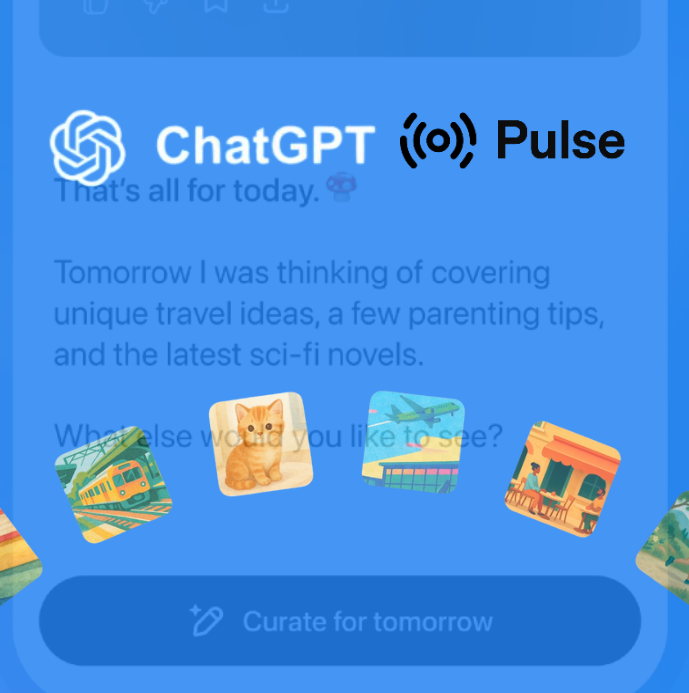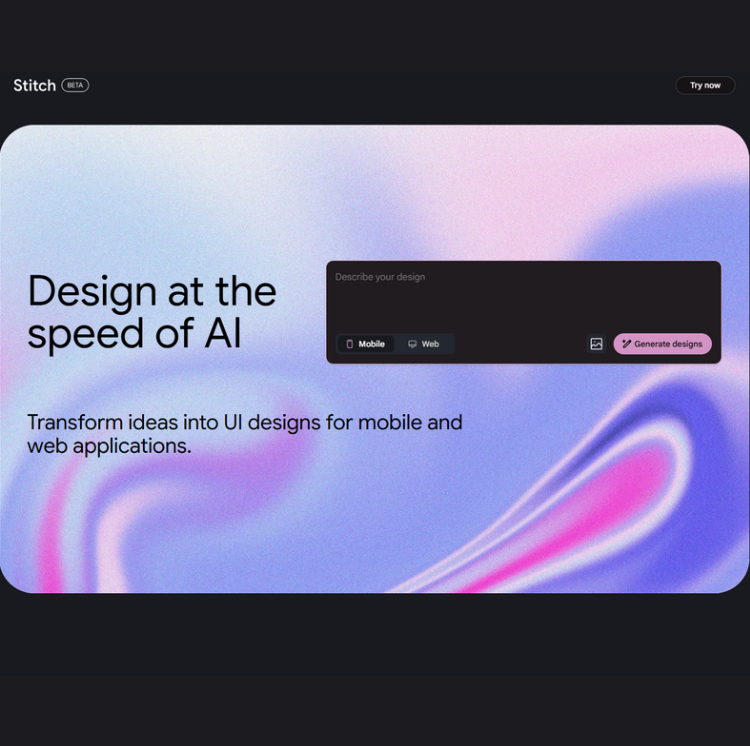AI Bots vs AI Agents: What's the Difference?
Artificial intelligence has become embedded in our daily digital experiences, from chatbots answering customer questions to AI assistants automating complex workflows.
You’ve probably interacted with both without realizing it. Maybe you asked a chatbot for your bank balance or let your AI assistant schedule a meeting. But under the hood, AI bots and AI agents aren’t the same.
There's growing confusion between two common terms: AI Bots and AI Agents. While they sound similar, they represent distinct approaches to automation and intelligence. Let’s break it down.
🧠Defining AI Bots
AI Bots (short for "robots") are software programs designed to perform predefined tasks automatically or semi-automatically. They’re generally:
✅ Task-specific - Built to accomplish one or a few specific functions (e.g., answering FAQs, scraping data, posting to social media).
✅ Reactive - They respond directly to inputs but lack long-term memory or adaptive strategies.
✅ Rule-based or scripted - Many bots follow a set of predefined rules or simple AI logic (e.g., keyword matching, decision trees).
✅ Single-turn interaction - Most bots are designed for short, transactional conversations.
Example AI Bots:
-
Customer service chatbots answering website questions
-
Scheduling bots like Calendly
-
Data scraping bots
In short, AI Bots are designed to “do something” within narrow constraints.
🤖 Defining AI Agents
AI Agents, on the other hand, represent a more advanced concept:
✅ Goal-oriented - Instead of just performing tasks, agents are designed to achieve objectives, sometimes across multiple steps.
✅ Autonomous and adaptive - They make decisions in dynamic environments, adapting strategies along the way.
✅ Multi-turn, contextual understanding - AI Agents maintain state, context, and memory over time, enabling more complex interactions.
✅ Proactive capability - They can initiate actions without waiting for explicit instructions.
✅ Multi-modal & API-integrated - Many agents can interact with other systems, APIs, tools, or even the physical world (robotic agents).
Example AI Agents:
-
OpenAI’s GPT agents that call functions or tools to complete tasks
-
AI copilots in software development (e.g., GitHub Copilot X)
-
Virtual personal assistants automating multi-step workflows
-
AI agents in gaming (NPCs adapting strategies based on player actions)
In essence, AI Agents are built to “figure out how to do something” within broader goals.
🆚 Key Differences
| Feature | AI Bots | AI Agents |
|---|---|---|
| Focus | Task-based | Goal-based |
| Adaptability | Low | High |
| Memory/Context | Stateless or limited | Maintains memory/context |
| Initiative | Reactive | Proactive |
| Scope | Narrow | Broad |
| Autonomy | Low | High |
🕵️ Why Does It Matter?
Understanding the distinction is more than semantics - it’s about choosing the right solution for the problem.
For example:
-
✅ A simple FAQ bot suffices for answering product questions.
-
✅ A complex customer journey involving upselling, support, and proactive recommendations might require an AI agent.
In product design, calling something an “agent” implies higher expectations for autonomy, adaptability, and initiative.
As AI advances (e.g., OpenAI’s function calling, AutoGPT, babyAGI), we’re seeing bots evolving into agents - but many “AI agents” in marketing are still glorified bots.
🔮 Looking Ahead
The future is moving toward agentic AI systems - where software doesn’t just wait for commands, but acts as a collaborative problem-solver.
But today, the lines between AI Bots and AI Agents are still blurry in practice.
When choosing a solution (or branding one), it’s crucial to ask:
“Is this a bot following instructions or an agent pursuing goals?”
The Bottom Line
We’re heading toward an agentic AI future where AI doesn’t just answer, but acts. But for now, many so-called “agents” are still glorified bots under the hood.
When choosing or building AI solutions, ask:
“Is this responding or reasoning?”
Because in AI, the difference between bots and agents isn’t just semantics. It’s capability.
Stay frozen! ❄️
-Kobi.








